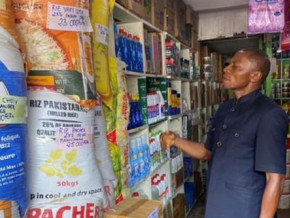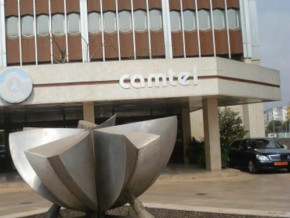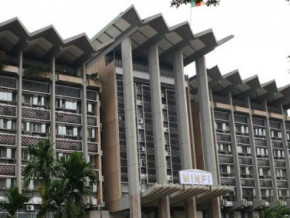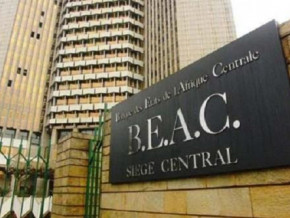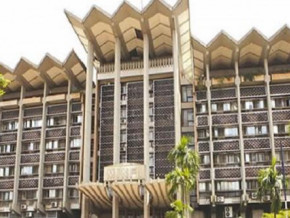
Cameroon: Government requested to raise ban on sugar imports to avoid shortage
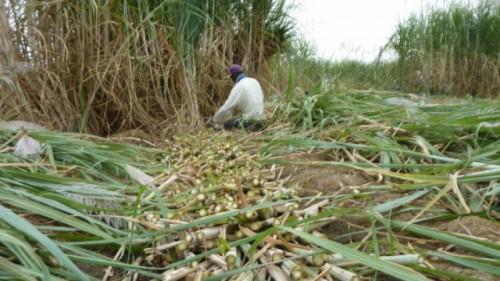
(Business in Cameroon) - Last 7 March in Yaoundé, the Minister of Commerce, Luc Magloire Mbarga Atangana, discreetly met operators in the sugar sector, in order to assess the current state of the local market, in preparation for the upcoming Ramadan month of fasting (June). According to our sources, it emerged from this meeting that members of the Muslim community, whose consumption of sugar increases considerably during the month of fasting, could once again face a shortage of this product.
Indeed, we learn from authorised sources, invited to speak on the capacity of the Société Sucrière du Cameroun (Sosucam - Sugar Company of Cameroon) to guarantee supplies on the market during this period, Louis Yinda, CEO of this agro-industrial unit which is the leader on the local sugar market, rather requested an import authorisation with preferential conditions from the government.
The CEO of the Cameroonian subsidiary of the French group Somdiaa, who insisted on the urgent need to authorise these imports as soon as possible, in view of transportation time; thus agreed with other operators in the sector. Indeed, during the above-mentioned meeting, after having revealed Sosucam's incapacity to supply them with the raw material for some time, the directors of the conglomerates (processors of granulated sugar into sugar cubes) and the distributors took the same line about the need to lift the suspension of sugar imports in the Cameroonian market, to avoid a shortage.
Indeed, for years, the average annual production of Sosucam has been stagnating around 130,000 tons, against national demand which now exceeds 300,000 tons. This production of the sugar market leader even experienced a decrease of about 16,000 tons last year, due to unfavourable weather conditions, claim the company's internal sources. In order to improve its production to raise it to 170,000 tons from this year 2017, the CEO of Sosucam had announced, in the month of October 2013, the launch of an investment programme for an amount of FCfa 110 billion. This programme, which should have been spread over 4 years seems to have been postponed indefinitely. Which forces Sosucam to resort to imports to supply the local market.
As a reminder, the Cameroonian government had been made to suspend all sugar imports on the local market in 2014, under pressure from Sosucam. Indeed, the company had announced a loss of about FCfa 10 billion in sales revenues at the end of September 2013, and singled out contraband in the northern part of the country and the slump in their sales as a result of massive imports authorised by the government. To obtain the ban of these imports, Sosucam had threatened to shut down one of its factories at the start of the 2014-2015 campaign, laying off in one go nearly 3,500 employees out of the 7,000 the company claims to employ.
Brice R. Mbodiam
Mags frontpage
- Most read 7 days
- shared 1 month
- read 1 month





